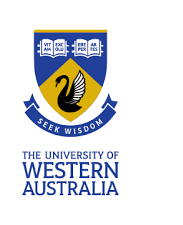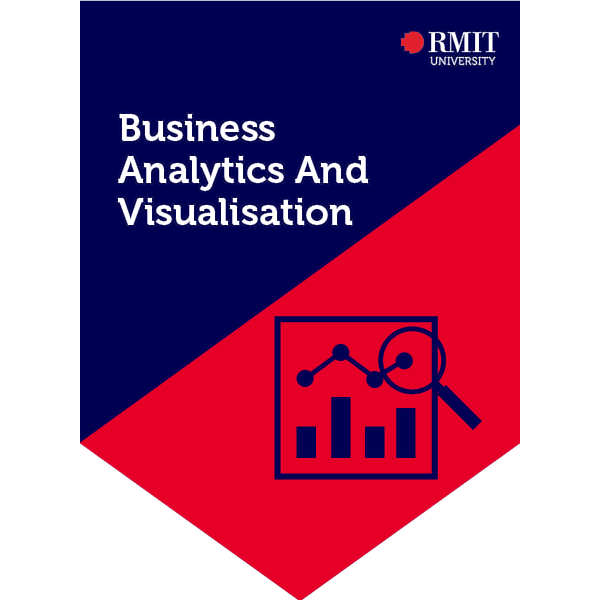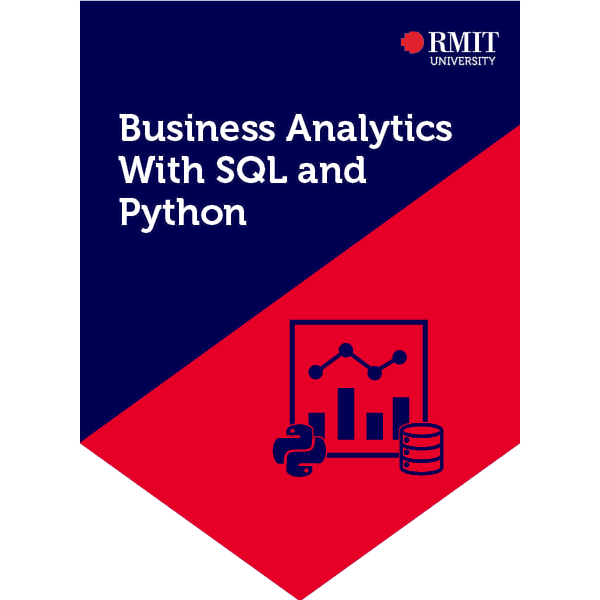Communication
Transparency
Accountability
Identifying our impacts on Nature can be hard. Taking responsibility, reporting transparently, and assuming accountability for those impacts can be harder.
I am leading the University of Sydney in their engagement with the TNFD and Nature Market whilst managing biodiversity at all owned and leased locations. I have created environmental accounts for Accounting for Nature to provide co-benefits to potential Carbon Credit plantings, such as those with Canopy and Greening Australia, and baselines for TNFD reporting. I am guiding the university in how we can manage what appear to be competing priorities at our farms and campus locations, and demonstrate that they do not need to compete and can compliment and enhance each other, using my extensive expertise in ecology and land use.
After 20 years as an ecologist, with experience across diverse ecosystems and land use types, from marine parks and rural farms to heavily developed urban landscapes, I am an expert in understanding the environment and how our behaviours, land management practices and supply chains are disrupting normal ecosystem function. Additionally, my upbringing on a farm equips me with a thorough understanding of agricultural practices and environmental challenges.
In this rapidly changing environment, I am also an expert in identifying Nature risks and vulnerabilities, such as those presented by extreme bushfire and flooding events, and more insidious risks such as rising salinity from water table disruptions.
My years as an academic, publishing work and providing access to the data collected and analytical techniques used to determine the significance of that work demonstrates my integrity and commitment to transparency.
Working at the forefront of Nature and Business, I am an active member of the TNFD Forum and the Nature Positive Pledge. I am engaged in not only developing transparent reporting on business impacts on Nature and alignment with the UN Sustainable Development Goals, but providing accountability and more importantly Next Steps to mitigating those impacts and improving those impacts.
Recent accreditations and certifications
Environmental Accounts with Accounting for Nature;
Accounting for Nature Accredited Expert, Fauna

Experts help users of the Accounting for Nature® Framework to develop Environmental Accounts. Asset Experts have specific scientific experience in one of the environmental asset-classes, and some methods require an Asset Expert.
University of Western Australia Short Course;

Sound economic thinking is crucial for farmers as they depend on good economic decision making to survive. Governments depend on economic information to make good policy decisions on behalf of the community. This course guides better decision making by farmers, or by agencies servicing agriculture, and explains why farmers respond to policies and economic opportunities in the ways they do.
Certifications from RMIT;
Business Analytics and Visualisation

Business analytics utilises data to draw insights, helping inform a business’ decisions with improved accuracy and efficiency. This courses utilises Excel and Tableau for analysing and visualising data.

This course utilises SQL, or Structured Query Language, to extract data from tables within a database, and Python, a programming language that has data analysis libraries built on top of it, allowing for data to be analysed and manipulated in order to tell compelling stories and drive business decisions.